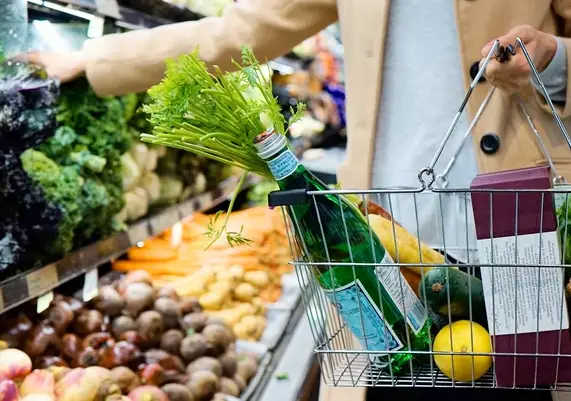A new report by the UK Competition and Markets Authority (CMA) has found that many popular grocery suppliers have been increasing their prices by more than their costs, which has been serving to drive up so-called “greedflation”
The term “greedflation” refers to companies artificially elevating prices during periods of inflation in an effort to take advantage of rising prices and increase corporate profits.
According to the report, over the previous two years, roughly three-quarters of branded suppliers of products such as infant formula, baked beans, mayonnaise, and pet food artificially boosted their unit profitability, which has added to the higher food price inflation being endured by the average consumer.
The CMA found that high inflation across the food and groceries sector has been driven mostly by rising input costs, in particular, increased energy costs, and higher prices for vital agricultural products such as fertilizers.
Sarah Cardell, chief executive of the CMA said, “Food price inflation has put huge strain on household budgets, so it is vital competition issues aren’t adding to the problem. While in most cases, the leading brands have raised prices more than their own cost increases, own-label products are generally providing cheaper alternatives.”
Of the ten categories the CMA examined, it said that its biggest concern was over baby milk which has seen prices rise by 25% over the previous two years, as just two companies have cornered 85% of the market share. The watchdog noted that a family could save over £500 during the first year of a baby’s life simply by buying cheaper baby formula options.
Cardell said, “Unlike other products examined, there is little evidence of parents switching to cheaper branded options as prices have risen and [there’s] very limited availability of own-brand alternatives.”
The CMA concluded that despite food price inflation in the UK falling to 10.1% in October of 2023, it continues to remain at historic levels.


